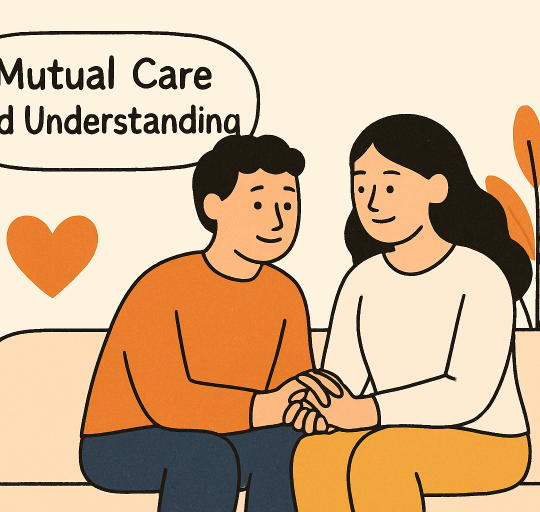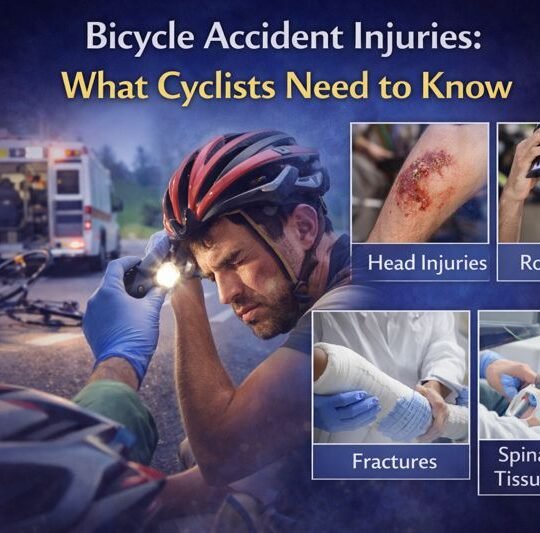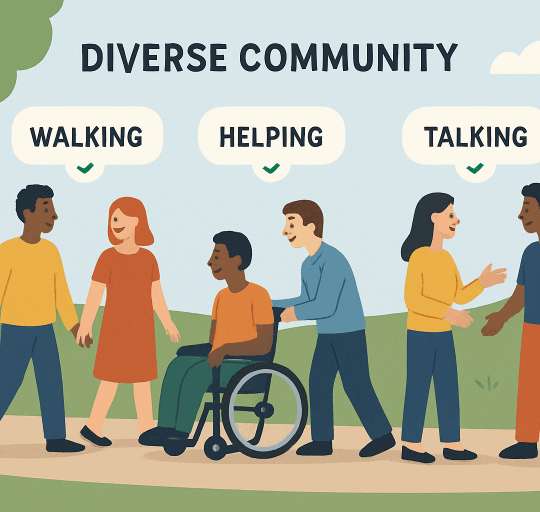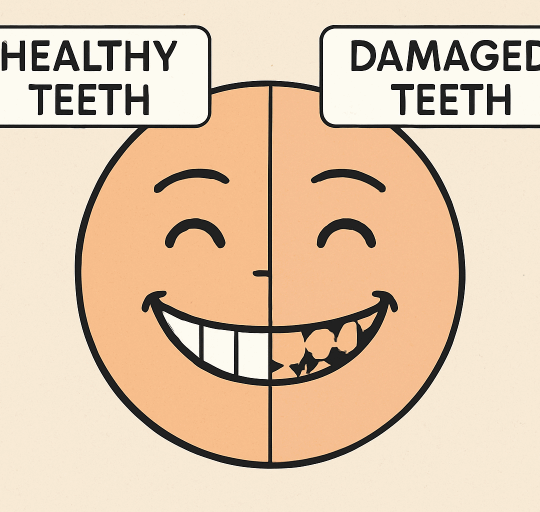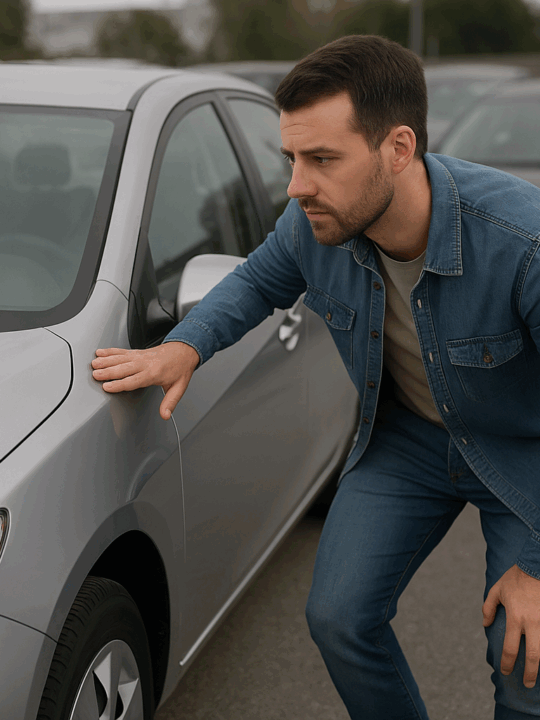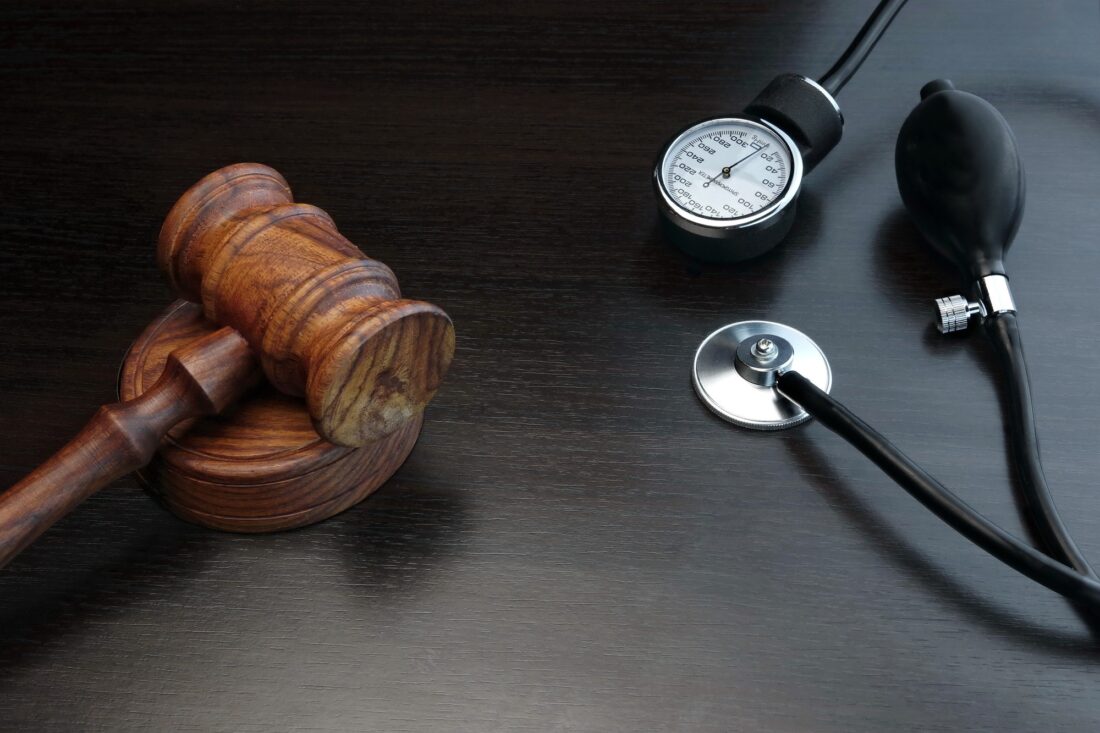
So, you’ve got a personal injury case and you’re meeting your lawyer. What should you have with you when you go? It can be difficult to decide on which documents to take, which is why we’re here to help.
There are some personal injury documents that you just shouldn’t be missing—we’ve got five key documents here, so keep reading to learn more.
- Copy of Report
Has a police report been filed already? This might be the case, particularly if you were involved in a road accident. If possible, you should get a copy and bring it when you talk to your lawyer.
Whether you’re still looking for tips on finding a personal injury lawyer or have one sorted already, this should be a priority for you.
Police reports have a lot of useful information in them and can help you in arguing your case. Even if there’s no police report — say you fell and injured yourself in a store — an accident report should have been filed instead, and you should be able to obtain a copy of this too.
- Photographs
Photos and videos can be invaluable resources. Bring any you have with you, particularly if they show any injuries or damage, or something else that could help your case. They can help your lawyer to really imagine the incident.
- Medical Records
If your injuries warranted medical attention or treatment, you should bring the records with you when meeting your lawyer.
Whether you have medical bills, records of hospitalization or doctor visits, or other records, they give an insight into your injuries and the treatment needed, and so can be a great help to your lawyer, who may then obtain further records if they feel it’s necessary to.
- Contact Details of Witnesses
Statements from witnesses can really help you back up your case, so you should bring their contact details with you, at the minimum. Hopefully, you’ll have taken down the contact information of witnesses at the scene of the accident, because they’ll be able to assist you.
- Personal Timeline of Events
Yes, this can’t be verified to the extent of other documents but will help both you and your lawyer.
Create a timeline of events leading up to the accidents and get it on to paper before you meet with your lawyer — be as clear as you can be about what happened and when.
Write down your account of the situation too, so you’ll know exactly what to talk about. You’ll find it easier than just speaking your thoughts.
Providing Personal Injury Documents
Ideally, you’ll be able to provide all five of these personal injury documents when meeting with your lawyer, as they can all help you with your case.
However, there are other documents which you may want to consider bringing too, from your financial records to insurance info and records of complaints — it depends on your situation, so consider what would be most beneficial for your attorney.
If you’re looking for more legal advice, there’s plenty on our blog, so check out what we’ve got to offer you.
